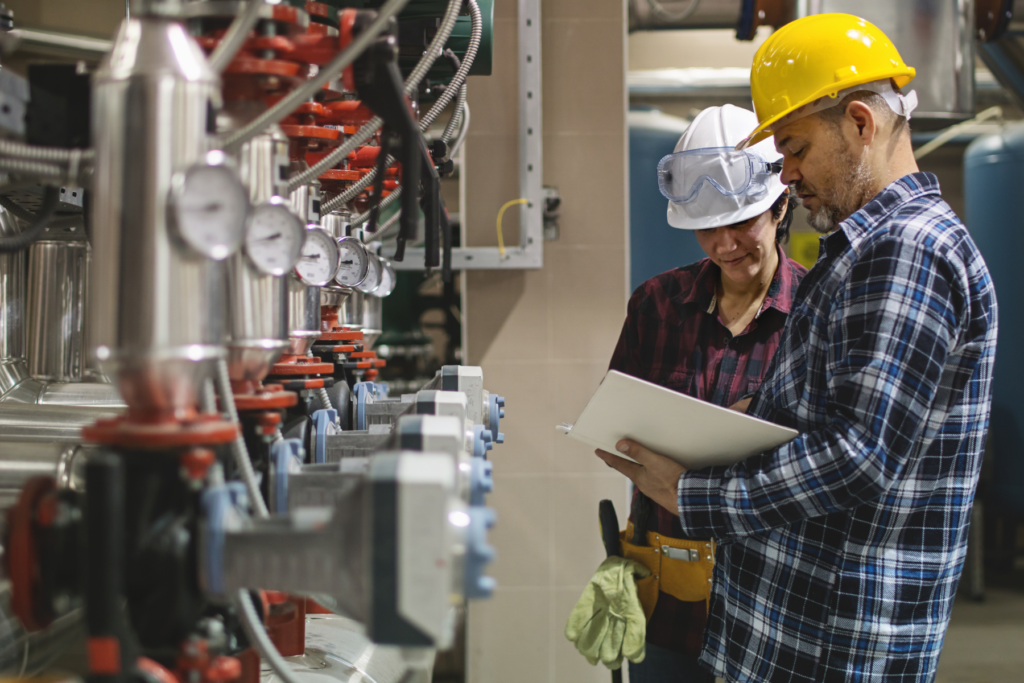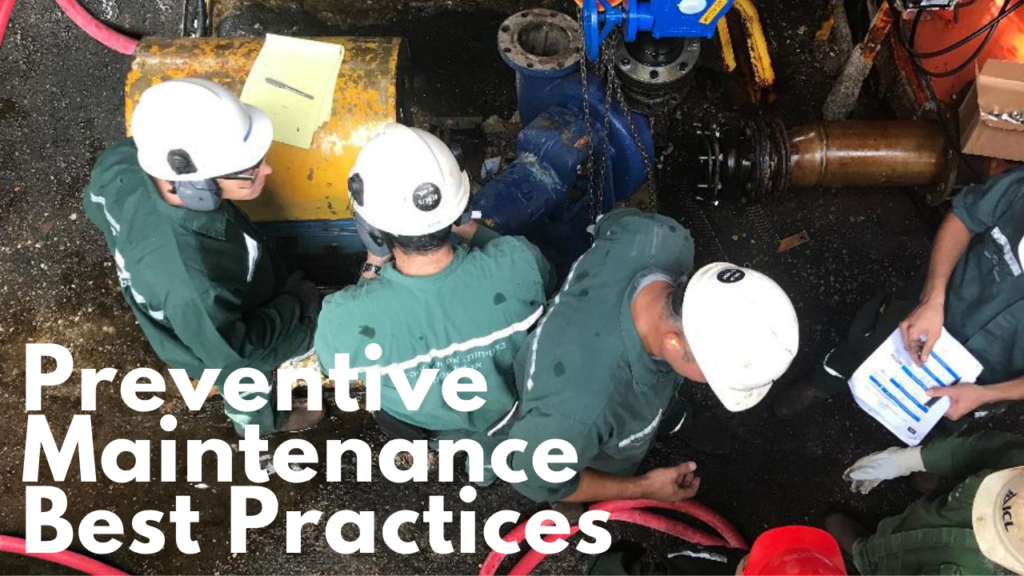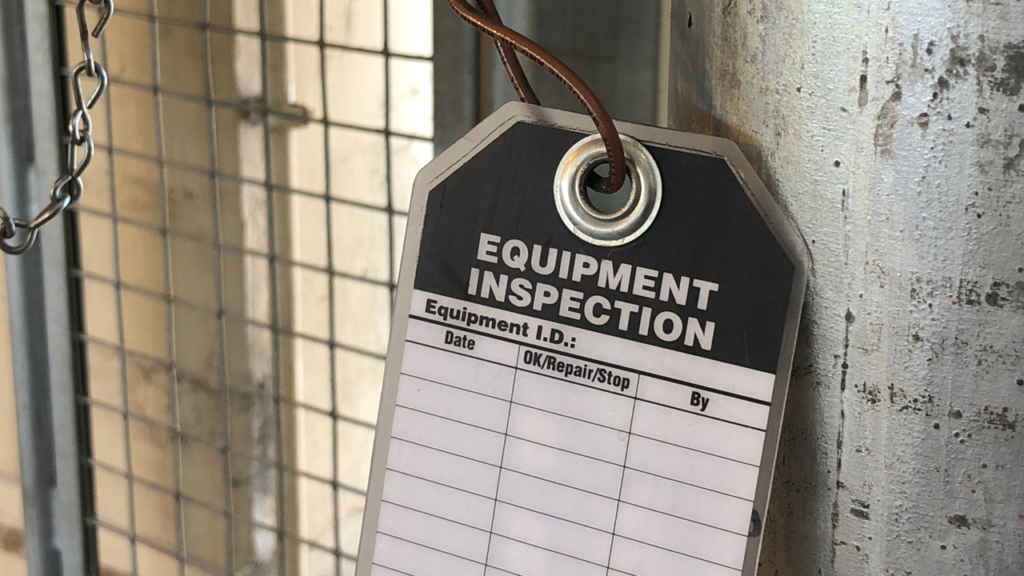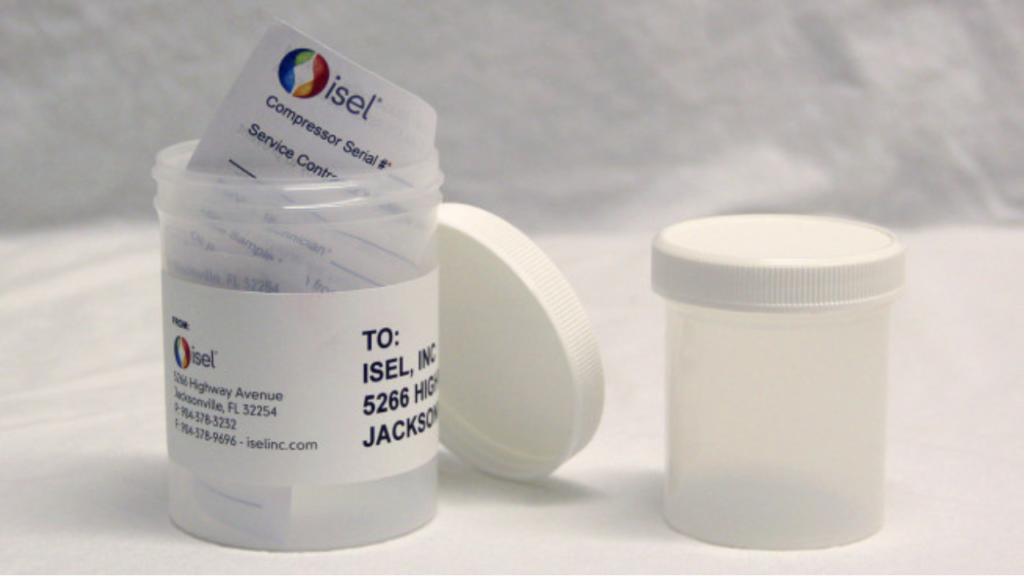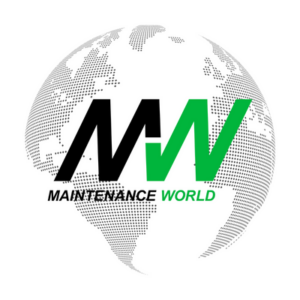
Piping Vibration – Causes, Limits and Remedies
We are embarking on a voyage of discovery that entails us calling at the following way stations:
Part 1 – Calculate natural frequency of a pipe
Part 2 – Calculate VIV Vortex
Induced Vibration affecting the pipe
Part 3 – Calculate the effect
of flow induced vibration as flow rates change
Part 4 – Determine the severity of the vibration to see if it is acceptable as is or if we need to make modifications.

